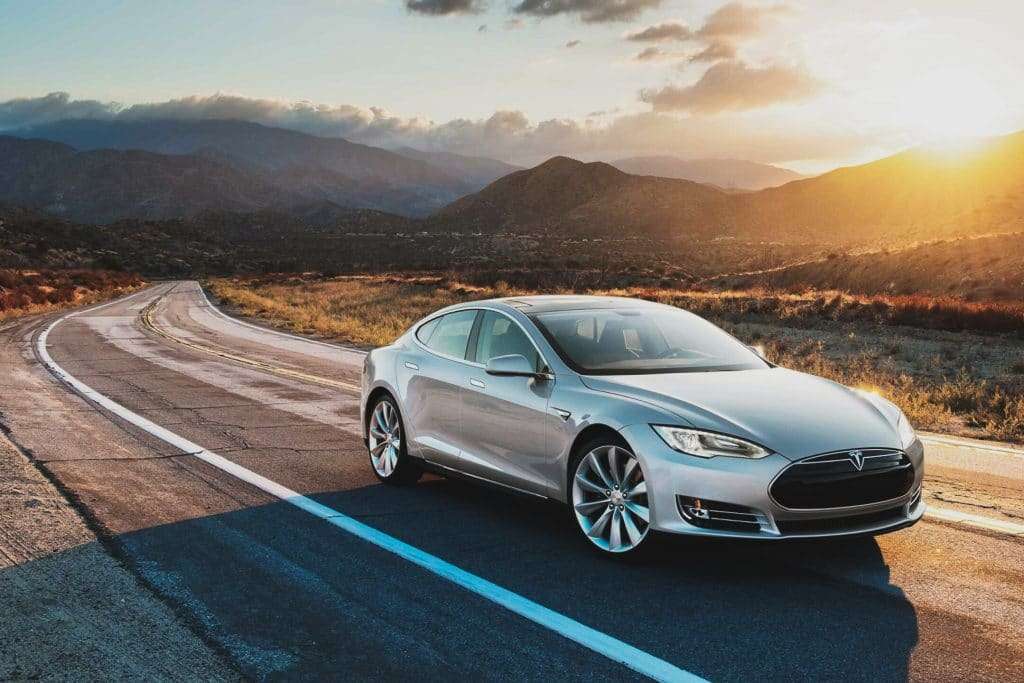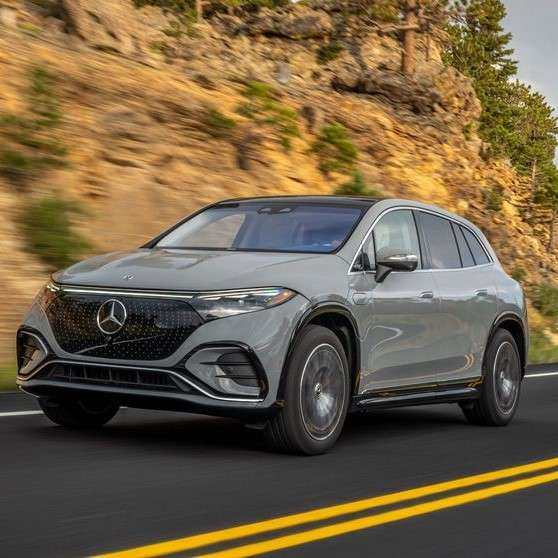Sweden is spearheading a revolution in road transport with the construction of the world’s first perpetual electrified roadway.
Sweden’s electrified motorway is expected to pave the way for an additional 3,000 km of electric roads across the country by 2035, and it could help move the needle on Europe’s emissions targets.
The European Union recently enacted landmark legislation requiring all new cars sold from 2035 onward be emissions-free. As a response, European countries are working to build an infrastructure that can accommodate a future devoid of fossil fuel-powered vehicles.
Electric roads
Sweden is leading this transformative initiative by converting a key stretch of highway into a permanent electric road — an unprecedented feat in environmentally friendly transportation. Electric roads are designed to allow vehicles to recharge while in motion, which makes it possible to travel longer distances with smaller batteries and bypasses the need to stop at charging stations.
“We think the electrification solution is the way forward for decarbonizing the transport sector, and we are working with a number of solutions,” Jan Pettersson, Director of Strategic Development at Trafikverket, the Swedish transport administration, told Euronews.

Sweden has a history of trailblazing in this arena, having previously launched multiple pilot projects, including the world’s first temporary electric road.
The selected roadway for this pioneering project is the European Route E20, which links the logistical centers of Hallsberg and Örebro, strategically located between Sweden’s three primary cities: Stockholm, Gothenburg, and Malmö. The venture is currently in its procurement stage, aiming to conclude construction by 2025.
Three potential charging technologies are being explored: a catenary system, a conductive system, and an inductive system. The catenary system, which depends on overhead wires for power, exclusively caters to heavy-duty vehicles. The conductive method can accommodate both heavy-duty vehicles and private cars through a ground-based conduction system.
Trafikverket introduced the world’s first electric charging rail on public roads in 2018, a pilot project linking Stockholm’s Arlanda airport to a logistics region in Rosersberg. The inductive charging system uses specially designed equipment installed under the road surface to transfer electricity to a coil inside the electric vehicle, which subsequently charges the battery.

Pettersson recognizes the “special challenge” of providing continuous charging for heavy vehicles, adding that “If you are going to have only static charging full battery solution for heavy-duty vehicles, you will get vehicles with a huge amount of batteries that the vehicles need to carry.” While the Electric Road System (ERS) is primarily designed for trucks, recent research suggests that private cars might significantly benefit as well.
In a study that simulated the travel patterns of 412 private cars on Swedish national and European roads, the findings revealed that coupling home charging with dynamic charging could shrink battery size by as much as 70 percent, which could reduce the need for rare earth minerals and help reduce the cost of EVs.
It also found that electrifying just a quarter of all roads in Sweden would be sufficient for the system’s effective operation. Drivers living nearer to city centers would require smaller batteries due to the ERS’s accessibility, with a battery range discrepancy of up to 20 percent between city and country dwellers.
While this technology continues to advance, countries including Italy, the U.K., the U.S., and India are heavily investing in ERS systems. Sweden has joined forces with Germany and France to share knowledge through official and research collaborations on electric roads. Both Germany and Sweden have maintained demonstration facilities on public roads for several years, and France is on track to secure a pilot section with an electric road.
Solar railways
The announcement follows a first-of-its-kind development in another transport sector. Swiss start-up Sun-Ways recently began the install of a removable solar panel system on railway tracks in Switzerland. This technology holds the potential to be applied on railway lines around the globe.
Solar systems are being installed in diverse locations, such as roadsides, reservoirs, and farms. Deutsche Bahn, Germany’s national railway company, is also testing the integration of solar cells into railway sleepers.

To install the removable solar panels, Sun-Ways has devised a unique mechanical system. The process, according to Sun-Ways, is “like an unrolling carpet.” This specially designed train employs a piston mechanism to spread the one-meter-wide panels, which are pre-assembled at a Swiss factory.
The electricity generated by the photovoltaic system will be directed into the power grid to energize homes. Sun-Ways says in theory, the solar panels could cover the entirety of Switzerland’s 5,317-kilometer railway network, minus tunneled tracks, resulting in a photovoltaic cell coverage comparable to approximately 760 football fields.
Sun-Ways projects that the national rail network could yield one Terawatt-hour (TWh) of solar energy annually, accounting for about 2 percent of Switzerland’s total energy consumption. Once successful in its home country, the start-up envisions expanding the initiative to Germany, Austria, and Italy.
Related on Ethos:


